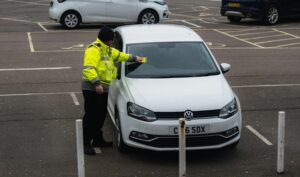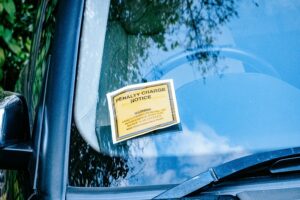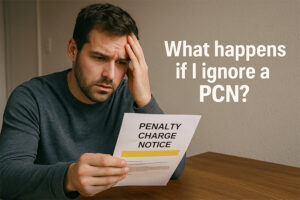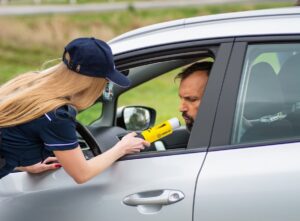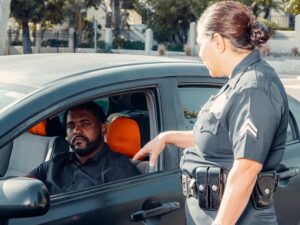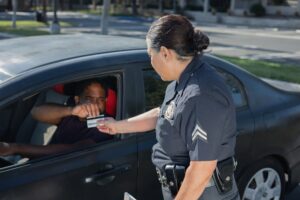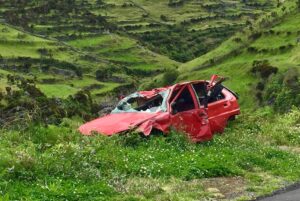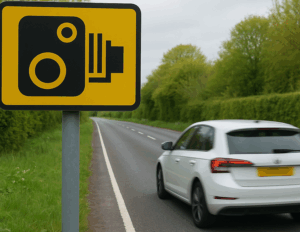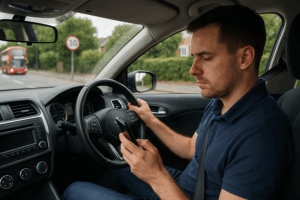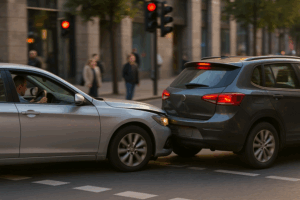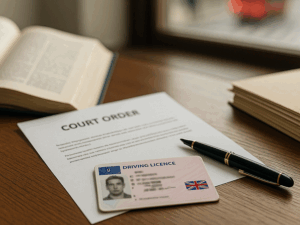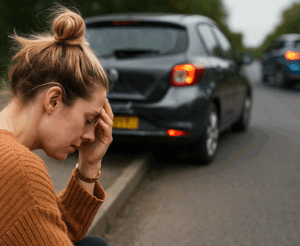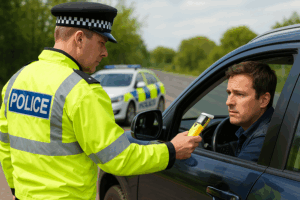Driving Offences: A Simple Guide!

That blue envelope arrives and everything changes. Driving offences can strip away your licence, your job prospects, and your daily freedom. Whether facing a careless driving charge after a momentary lapse or dangerous driving allegations that feel completely unjust, the consequences are severe and long-lasting. UK motoring offences carry punishments extending far beyond simple fines: penalty points, disqualifications, even imprisonment for serious cases. If you’re dealing with any driving-related legal matter, seeking professional legal advice from a solicitor specialising in driving and motoring offence cases is essential to protect your rights and secure the best possible outcome.
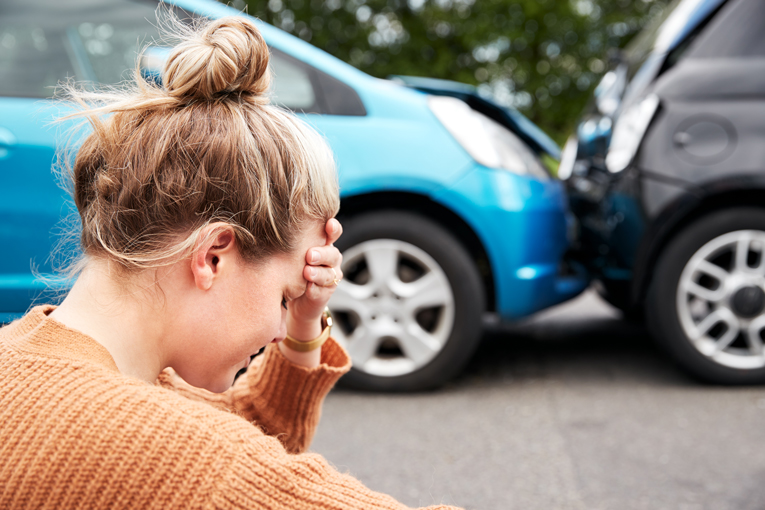
KEY TAKEAWAY: Can minor driving offences really ruin your career?
Read on to understand all driving offences and their hidden consequences.
Driving offences explained: Types and categories
Driving offences, motoring offences, and traffic offences are essentially the same thing: criminal violations committed while operating a vehicle on UK roads. These terms are used interchangeably in law, though “driving offences” typically refers to acts while the vehicle is moving, “motoring offences” covers broader vehicle-related violations including documentation issues, and “traffic offences” encompasses all road traffic law breaches.
UK road traffic law operates through a tiered system where penalties increase dramatically based on the severity and potential danger of each violation:
- Minor offences: Mobile use while driving, speeding violations exceeding speed limits, parking contraventions, vehicle defect notices, and seat belt offences. These typically result in fixed penalty notices, fines up to £200, and 3-6 penalty points.
- Medium offences: Careless driving charge, driving without due care and attention, inconsiderate driving, and driving without reasonable consideration. These involve momentary lapses or poor standards that cause potential danger, carrying 3-9 penalty points and higher fines.
- Serious offences: Dangerous driving charge with examples of dangerous driving like racing or aggressive manoeuvres, reckless driving, drink driving and Driving under the influence (DUI), drive without a driving licence covering a vehicle of the class being driven, drive without insurance, drive without an MOT, and drive while disqualified. These can result in imprisonment, unlimited fines, and lengthy disqualifications.
What to do after a traffic offence: Your action plan
The moments following a traffic offence are critical and your immediate actions can significantly impact the outcome of your case. Whether you’re facing charges, injured by another driver, or witnessed dangerous behaviour, knowing the correct procedures protects your legal position and ensures proper justice:
- If you’re the offender: Stay calm and provide required documents without admitting guilt. Understand police cautions versus penalty notices before accepting either. Evaluate when to accept minor charges versus contesting serious allegations that could result in disqualification. Begin court appearance preparation if summoned.
- If you’re a victim: Report dangerous driving to police with registration details and incident description. Seek medical attention even for minor injuries and follow emergency procedures (999 for serious incidents, 101 for non-urgent). Focus on evidence collection including photos and witness details. Contact your insurer within 24-48 hours to meet insurance notification requirements.
- If you’re a witness: Fulfil legal duties and witness obligations by remaining at the scene when safe and providing accurate information. Give a detailed, factual police statement without speculation. Prepare for potential court attendance requirements as witness summons are legally binding.
Driving penalties and consequences: What you face
Driving penalties form a structured punishment system designed to deter dangerous behaviour and protect road users. The consequences extend far beyond immediate fines, affecting your licence, freedom, and financial future for years to come.
The penalty framework operates through multiple interconnected systems that can combine to create devastating consequences for repeat offenders:
- Penalty points system: The penalty points system adds 3-11 points to your licence depending on offence severity, remaining active for 4-11 years. Points accumulate across all violations, creating a permanent record that follows you and influences future sentencing.
- Immediate penalties vs Court action: Fixed penalty notices offer quick resolution for minor offences with predetermined fines and points, while court summons are issued for serious violations requiring judicial consideration and potentially unlimited penalties.
- Financial consequences: Fine structures range from £100 fixed penalties to unlimited court-imposed amounts based on income, with additional court costs, victim surcharges, and legal fees that can total thousands of pounds.
- Licence restrictions: Driving disqualifications and driving bans can last from weeks to lifetime exclusions, with mandatory retesting requirements and DVLA administrative fees for licence restoration.
- Custodial sentences: Prison sentences apply to serious offences, ranging from 6 months for dangerous driving to 14 years for causing death, often accompanied by extended driving bans upon release.
- Automatic bans: Totting up disqualifications occur when 12+ points accumulate within 3 years, resulting in minimum 6-month bans unless exceptional hardship is proven in court.
- Insurance impact: Convictions dramatically increase car insurance premiums for 5+ years, with some insurers refusing cover entirely, forcing drivers into expensive specialist markets.
Challenging driving offences and appeals: Fight your case
Not every dangerous driving charge should be accepted without question. Many convictions can be successfully challenged through proper legal procedures, from simple administrative errors to serious procedural failures:
- Simple challenges: Contesting penalty notices must be done within 28 days by returning the relevant section or applying online, often successful for incorrect details, faulty equipment, or emergency circumstances. Technical defences and procedural challenges exploit police errors in evidence gathering, equipment calibration, or legal procedures that can invalidate entire cases.
- Court procedures: Magistrates court procedures handle most driving offences through either guilty pleas with mitigation or not guilty trials requiring evidence presentation. Crown court appeals allow challenges against magistrates’ decisions but require substantial grounds and carry risks of increased penalties if unsuccessful.
- Hardship applications: Exceptional hardship applications can prevent totting-up disqualifications by proving that losing your licence would cause exceptional hardship to yourself or others, requiring detailed evidence of specific circumstances. Special reasons arguments ask courts not to endorse licences or disqualify despite guilty findings, applicable to emergency situations or brief driving distances.
Financial impact and compensation: Money matters
Driving offences create financial consequences extending far beyond initial fines, while victims often face unexpected costs that insurance may not fully cover. Acting quickly to understand your financial position, whether as offender or victim, can save or recover thousands of pounds:
- Costs for offenders: Direct penalties include fines, court fees ranging from £85-£1,200, and victim surcharges adding 10% to penalties. Legal costs for professional representation vary from £1,500 for simple cases to £15,000+ for serious Crown Court matters. Hidden costs include dramatically increased insurance premiums, loss of earnings from driving bans affecting employment, and administrative fees for licence restoration.
- Compensation for victims: Personal injury and property damage claims through standard insurance procedures cover most immediate costs, while Motor Insurance Bureau claims protect victims injured by uninsured drivers or hit and run incidents. Criminal injuries compensation provides government payments for victims of violent driving crimes, with awards up to £500,000 for serious injuries. Victim compensation schemes ensure offenders contribute directly to victim recovery through court-ordered payments.
- Additional considerations: Loss of earnings calculations include immediate income loss, reduced future earning capacity, and career impact from criminal records. Professional drivers face particular hardship with job termination and industry exclusion often exceeding financial penalties in long-term impact.
Do I need a solicitor for a driving offence case?
Professional legal representation isn’t a luxury for driving offences; it’s essential protection against life-changing consequences. The complexity of motoring law and severe penalties including imprisonment make self-representation a dangerous gamble with your future.
Legal representation provides four critical benefits:
- Expert legal knowledge: Specialist solicitors understand complex motoring law, technical defences, and procedural requirements that create challenge opportunities untrained individuals cannot identify.
- Consequence protection: Professional representation minimises penalties through mitigation, exceptional hardship arguments, and negotiation to preserve your career and livelihood.
- Court credibility: Experienced motoring solicitors command respect from magistrates and judges, cross-examine witnesses effectively, and secure better outcomes through professional expertise.
- Financial value: Legal fees of £2,000-£5,000 are minimal compared to conviction costs: insurance increases of £10,000+, lost employment worth £50,000+ annually, and career damage.
FAQs
Can I represent myself in court for a driving offence?
Yes, but it’s rarely advisable. Motoring offences involve complex legal procedures and severe penalties that require specialist knowledge to navigate effectively.
What happens if I ignore a penalty notice?
The fine increases by 50%, court action follows automatically, and you lose the right to contest the original charge. Driving penalties escalate rapidly when ignored.
Do I need to tell my employer about a driving conviction?
Only if your contract requires disclosure or your job involves driving. Most employers cannot access your driving record without permission, but traffic offences may affect professional roles.
Driving offences range from minor infractions to serious criminal charges, each carrying penalties that can devastate your career and personal life. Whether facing careless driving charges or dangerous driving allegations, professional legal representation dramatically improves outcomes and protects your future mobility.
Find expert driving offence solicitors!
Qredible’s network of specialist motoring solicitors has helped thousands beat charges, reduce penalties, and protect careers.
KEY TAKEAWAYS:
- Driving offences are categorised into minor, medium, and serious violations, with penalties ranging from fixed fines to imprisonment and licence disqualification that can destroy careers and personal freedom.
- Immediate action after any traffic offence is crucial, whether you’re the offender, victim, or witness, as proper procedures protect your legal position and maximise chances of favourable outcomes.
- Professional legal representation from specialist motoring solicitors is essential for all but the most minor charges, as the cost of expert help is minimal compared to the devastating consequences of conviction.
Articles Sources
- police.uk - https://www.police.uk/advice/advice-and-information/rs/road-safety/driving-offences/
- cps.gov.uk - https://www.cps.gov.uk/crime-info/driving-offences
- met.police.uk - https://www.met.police.uk/advice/advice-and-information/rs/road-safety/driving-offences/
- rac.co.uk - https://www.rac.co.uk/drive/advice/legal/driving-offences/
Do you need a solicitor?
Find a solicitor on Qredible in just a few easy steps












